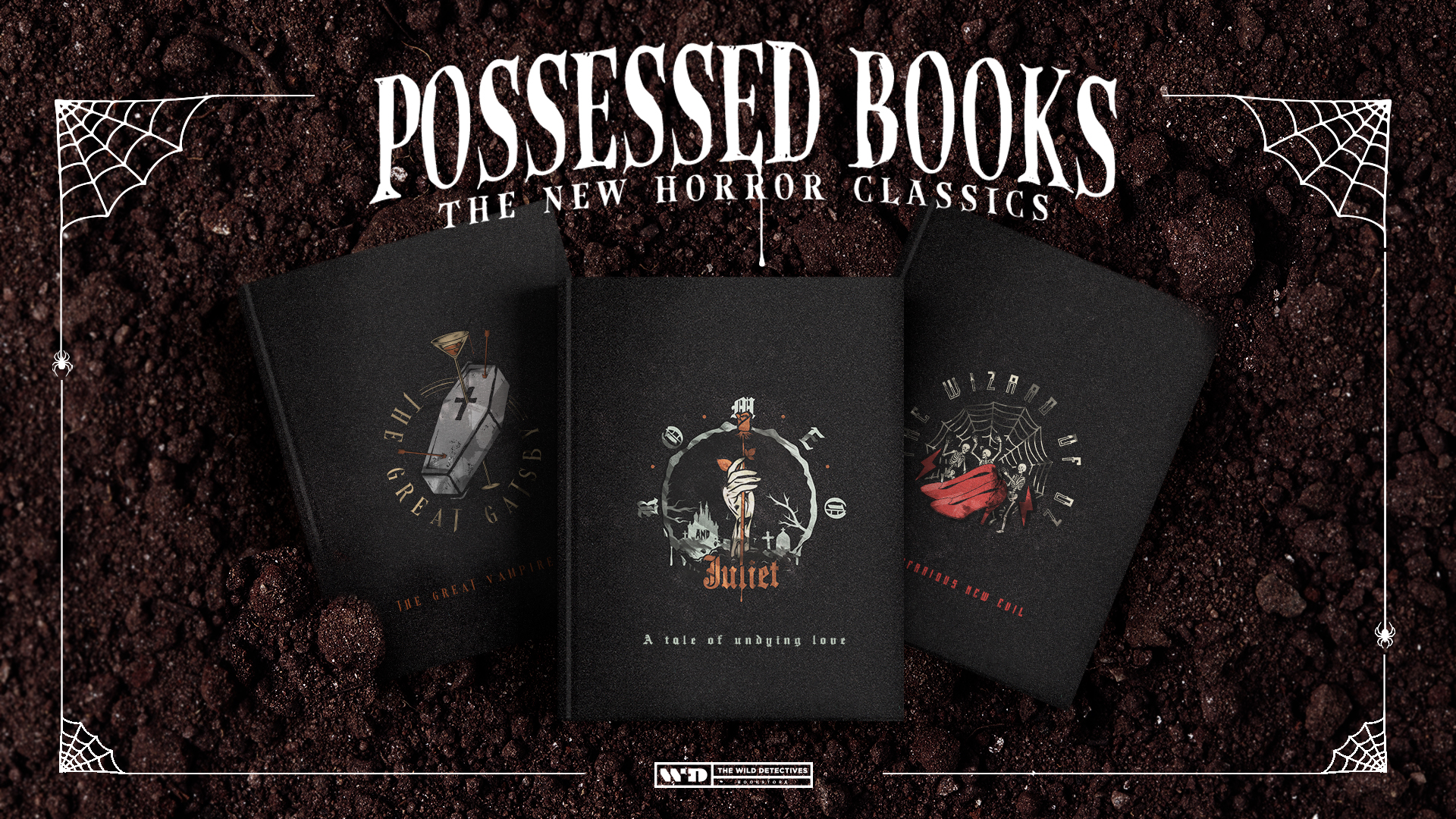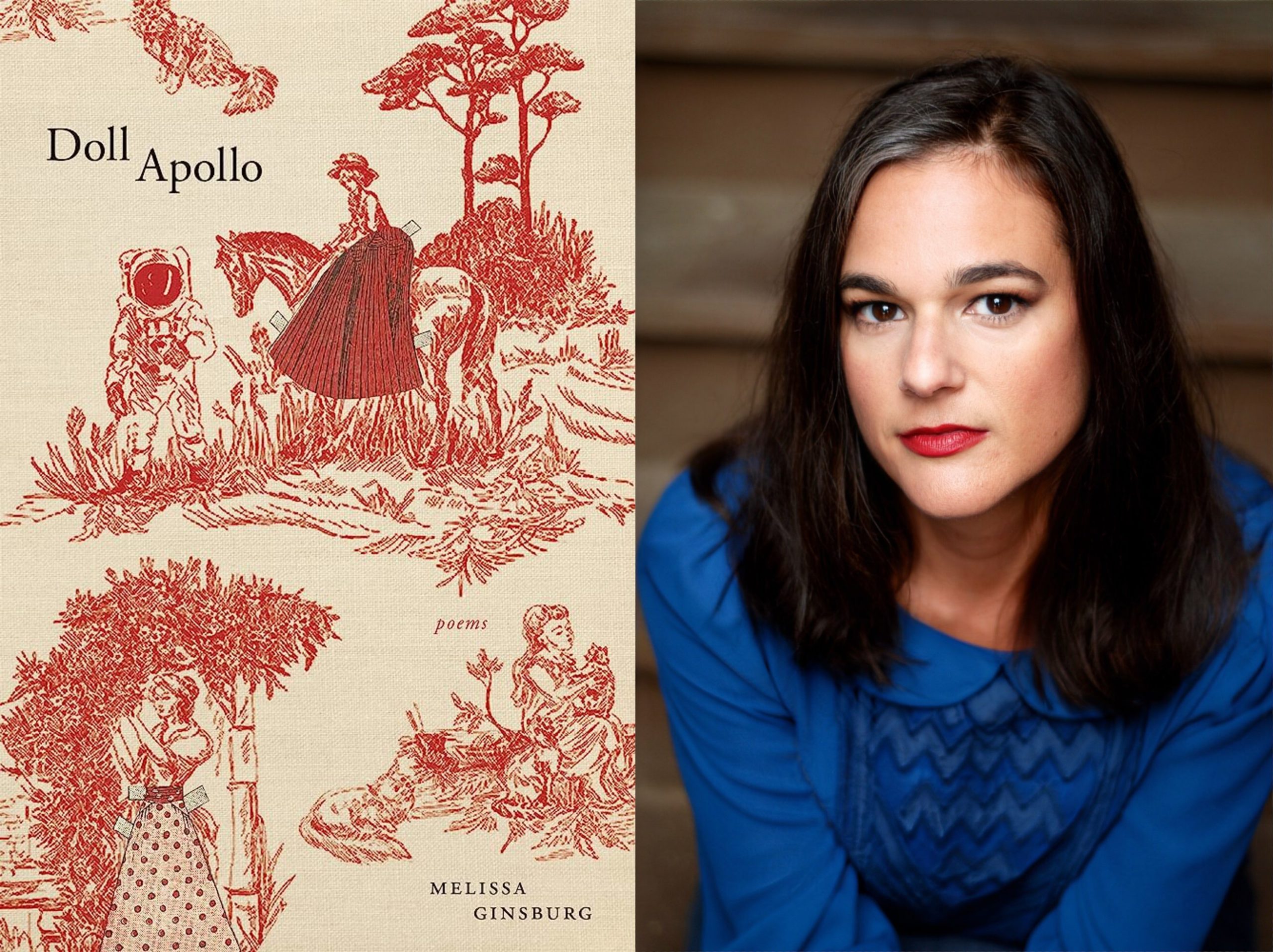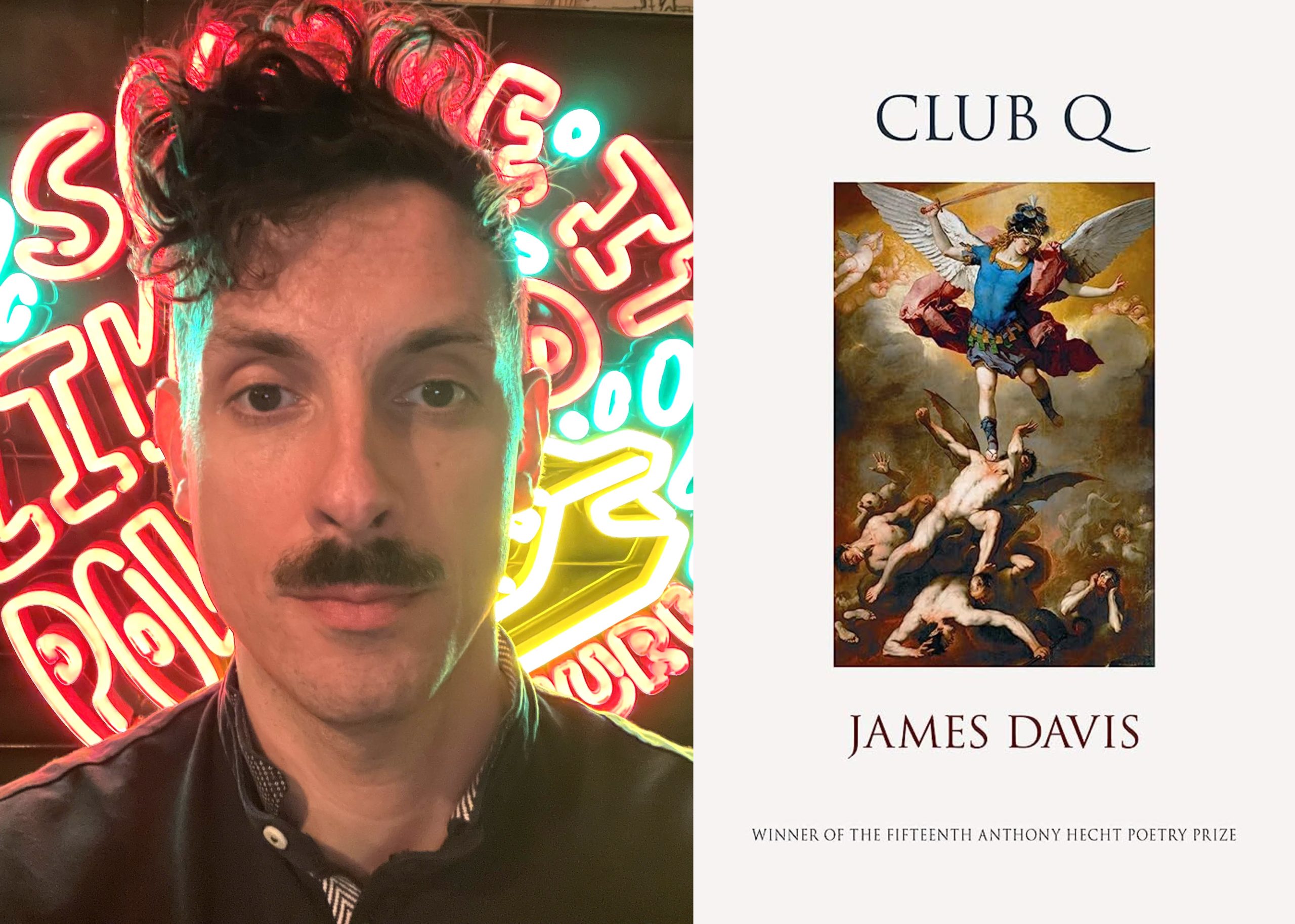Most of us know the feeling of coming undone, of drifting through a sea of loneliness unanchored, unmoored. After a few cities, relationships, peregrinations, we struggle to find someone who knows our name, let alone remembers it, who can speak to us in a way that feels vaguely familiar, who knows us in a way we all desire to be known.
Stevie Edwards’ latest collection of poetry, Sadness Workshop, seems to contain the message that our identity is affected less by our coordinates on the globe than by the internal indices of our will. These poems present truths we all know and feel, while making the body the epicenter of bold new realities. “To ache is perhaps the first human act. Perhaps the last, too” (from Hair of the Dog). And to ache for what? That’s the implied question here.
The speaker investigates the small changes and challenges she faces on the daily. Things like wearing hosiery and finding a “hole widened / across the impossibility of delicate skin / of her favorite thigh” in the opening poem Story (after History by Tomaz Salamum). It’s an inconvenience that pales in comparison to being gossiped about as a “lecher at large in a small city / of bespectacled toads” and the loneliness of realizing she possibly just “wants a voice / to speak back to her once bars close / at 1 am, too early to converse with stars / without feeling like a nut.” That’s it, that’s what we all need: “a voice to speak back.” With the loneliness comes the idea that maybe we don’t even care who’s behind that voice, as long as we get some sort of human connection out of it.
Online dating apps have become a standard way of meeting people in our digital world, and sometimes the meet-ups, uncomfortable and forced, leave us feeling lonelier than before. For a few months, I tinkered around with different apps myself, usually left with the feeling the speaker describes in Online Dating Profile: “A new lover is gone, toothbrush, dandruff / and all. I am left here in the very skin / I will die in, as alone / as every bug I’ve smooshed into itself.” It’s all so confusing and hopeless sometimes, but “it’s okay if I’m nearly thirty and still don’t know half the rules. The game keeps happening” (from Safety Dreams). Life keeps going whether we have it all figured out or not. And none of us do.
In the title poem, Sadness Workshop, the speaker questions the idea that “your sadness needs to be more embodied.” The poem explores what it means to have to validate our feelings and force our emotions to take on a body of their own, separate from us.
What we’re
trying to say is that your sadness can’t just show up for no reason
without a body or story. No body, no story, no service.
In Against Desire, the speaker is asked, “How does it feel to want?” and responds, “I guess a lot like it feels to run on a treadmill. I guess an electric hurting.” Just like the sadness, the feeling of wanting must be embodied so that it is separate from us but at the same time this robust part of us that requires enough oxygen to keep up the breathing.
But there is a cure for the sadness, a brief respite from the ache, and that is home. “The kitchen island where poets / gather around whiskey and fried chicken / is an institution for curing sadness” (from The Good House). It is a place where we can “wander out of ourselves and into / bad wigs and booty shorts.” This poetry collection is dedicated to “anyone who needs this.” Sometimes the written word is home, at least for a while. It’s a source of comfort, of discovering you’re not the only one to feel a certain way. In Lousy Elegy for Ben Chalmers, we are reminded that “we’re all in this alone together.”
The distance between ‘alone’ and ‘together’ is sometimes this infinite space incapable of being bridged. Or so it seems. But through the written word, we find that the beauty of distance is that it can be bridged.
Stevie Edwards will be reading from her collection of poems on May 2, at The Wild Detectives.







